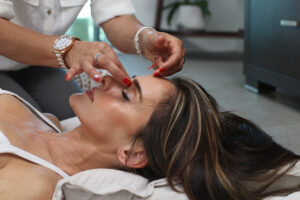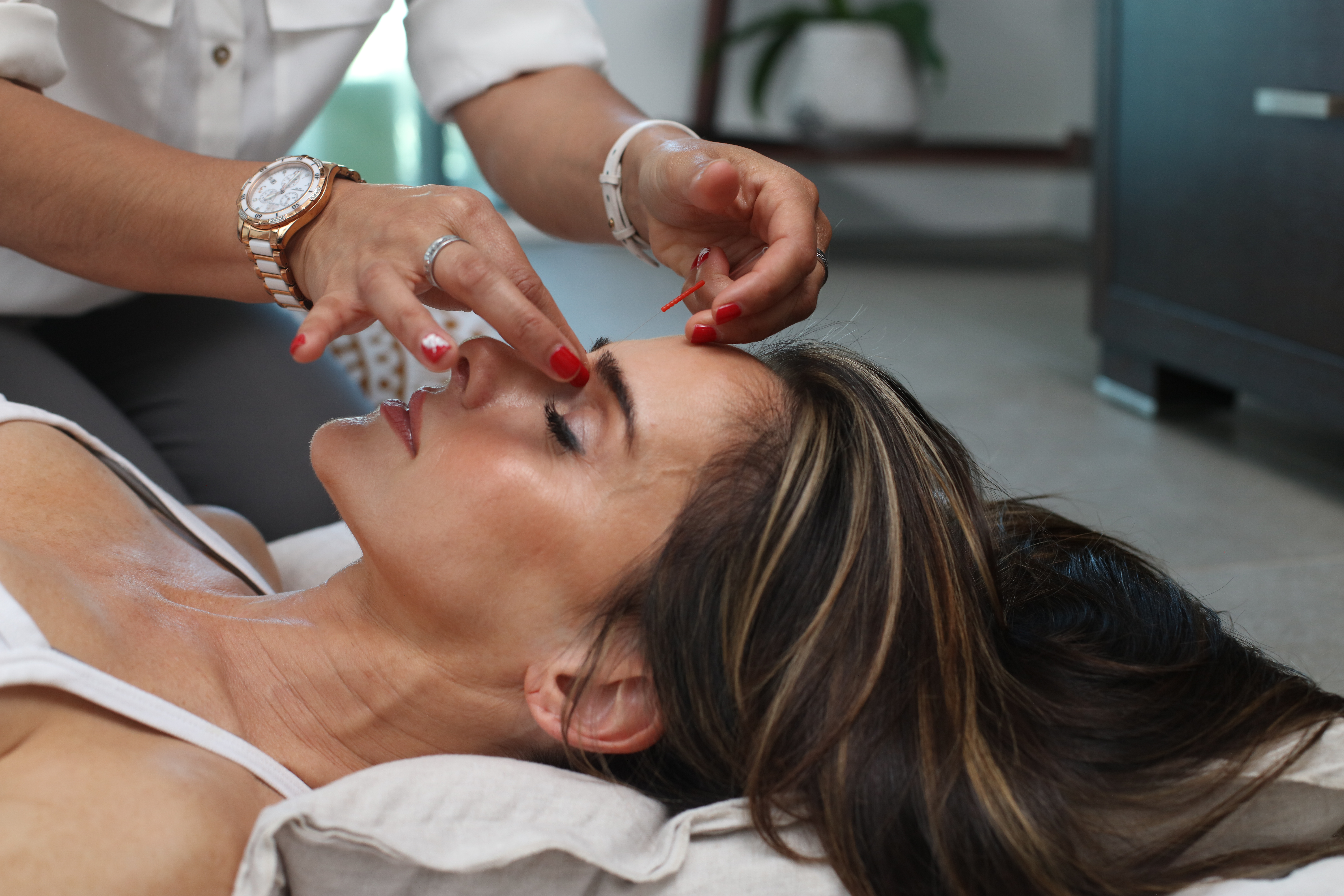Thinking Outside the Box For Addiction Treatment
By Kimberly Hayes

When we think about addiction recovery, our minds usually go to traditional methods: rehabilitation centers, 12-step programs, and counseling. It’s the default for most addicts trying to get sober. But for some addicts, alternative recovery methods could be more effective. Below are 5 alternative addiction treatments to use in place of or along with traditional programs.
1) Holistic
Holistic healing treats all parts of us a whole — physical, emotional, spiritual, and mental. It’s the practice of reaching a better overall state of being through achieving balance. Meditation and mindfulness fall under holistic practice. Meditation can reduce cravings, relieve emotional distress, and increase mindfulness of triggers. Meditation is also an empowering way to break bad habits and improve self-esteem.
2) Nutrition and Exercise
Recovering from drug and alcohol addiction involves bringing the body back to a healthy state. Addicts who have spent years damaging their bodies with harmful substances can attempt to reverse course by developing healthy lifestyles. Get started on an exercise program, even if it means walking each day and building up to more intense activity. Your body might weak when you first enter recovery, but as you build strength, you can increase your activities.
Staying on top of your nutrition will help you heal and detoxify, avoid drug cravings, and solve nutritional deficiencies. However, be wary about replacing one substance for another. While not on the level of drugs and alcohol, cigarettes and sugary drinks have their own addictive qualities and negative effects on the body.
3) Art Therapy
Artistic expression can be a therapeutic tool for people with mental illness and emotional trauma, and recovering addicts are no exception. Art therapy can include writing poetry, playing music, drawing pictures, acting, dancing, etc. Art provides emotional release, tension relief, an outlet for self-expression, a window to the soul, and a communication tool for therapists.
4) Acupuncture
Acupuncture is an ancient Chinese practice of strategically and carefully stimulating acupoints on the body. More than just applying needles, acupuncture can involve heat pressure, laser light, and cupping. Acupuncture has been used to treat hormonal imbalances and alleviate pain. A form of acupuncture called acu-detox can be used to manage withdrawal symptoms. This method is known as the National Acupuncture Detoxification Association protocol.
5) Pet Therapy
Pets can be a therapeutic source of love and support in a person’s life. Emotional support animals are common for people who suffer from anxiety and depression, and addiction is a close cousin of these afflictions. Pets give us a sense of purpose, companionship, and self-worth. They help us reach a positive emotional state by raising dopamine levels. Devoting time to our pets could replace the time that was once devoted to substance abuse. Their presence can be enough to ease the loneliness that triggers an addict to use again.
Who Should Seek Alternative Treatments?
Those who haven’t found success with traditional programs might want to seek alternative treatment. Alternative treatment can also be used in conjunction with a traditional recovery program that implements behavioral and pharmacological treatments in the detox process. Sometimes, a multifaceted approach is the best one.
Who Should Avoid Alternative Treatments?
Anyone with a medical condition that requires a medical professional should not rely on alternative treatment. If you have a dual diagnosis of addiction and a mood disorder, you should see a doctor about both conditions. The mood disorder may need to be treated separately in a way that alternative treatment can’t meet. Some disorders require medication. Medical conditions should always be treated by a licensed practitioner. Individuals who have a history of relapse while using alternative treatments should also avoid them. It’s important that each addict finds a program that works for him and sticks to it.
As you choose an addiction treatment program to help you recover from drugs, alcohols, and pills, check out all the options before you land on one method. Talk to a doctor about whether you should be seeking traditional programs or alternative methods. If one fails, there are others available to carry you through recovery.
Kimberly Hayes enjoys writing about health and wellness and created PublicHealthAlert.info to help keep the public informed about the latest developments in popular health issues and concerns. In addition to studying to become a crisis intervention counselor, Kimberly is hard at work on her new book, which discusses the ins and outs of alternative addiction treatments.
Photo Credit: Unsplash
Are you interested in making a change to your substance use? Subscribe for 10 ways to make a change delivered directly to your inbox!




